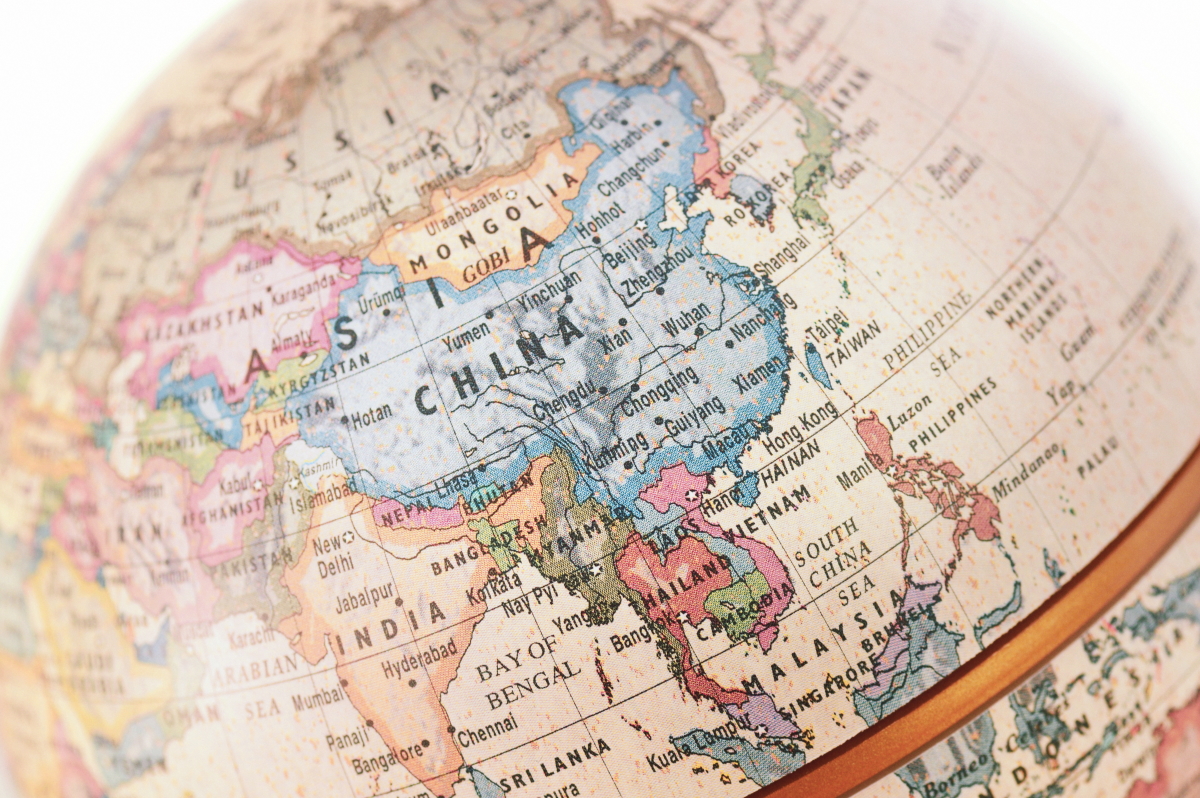The global economic slowdown and a rate hike-induced recession are driving investors to look for less risky investments. Dividend investments can provide this alternative, and among various options, Asia income funds look attractive given the region’s recovery path.
It also seems that the appetite for value investing over growth investing is growing during this time of economic turmoil. A Bloomberg MLIV Pulse survey conducted in early January 2023 found that value stocks were being favoured by investors as high inflation and rising borrowing costs eat into corporate earnings.
We are considering equity investment options that generate income within the Asia region, so we look below at some Asia income funds.
Matthews Asia Dividend Fund
Launched in 2010, the Matthews Asia Dividend Fund seeks to invest 65% of its total net assets in income-paying publicly traded stocks within the Asia-Pacific region. The other 35% is being invested in other assets around the world.
The fund had total assets under management (AUM) of $127.28 m as of December 31, 2022.
The fund is benchmarked against the MSCI All Country Asia Pacific Index, which tracks large and mid-cap listed firms across five developed countries and eight emerging markets in the Asia Pacific region. The fund charges a management fee of 1.25%, and the total expense ratio is 1.80%.
As of November 30, 2022, the Matthews Asia Dividend Fund has given 3.67% returns, while the benchmark index has risen 5.24% since the fund’s inception. In the past year, the fund has seen a decline of 31.04%, whereas the benchmark index was down 15.14%.
The fund is largely invested in Japan (28.8%), followed by China/Hong Kong (23.5%), Vietnam (10.5%), Australia (9.4%) and India (7.8%), among other Asian countries. The top five holdings of the fund are India’s UNO Minda (5.4%), China’s Minth Group (5.2%), Vietnam’s FPT Corp (3.7%), Japan’s KATITAS Co (3.1%) and Vietnam’s Asia Commercial Bank (3.0%).
Sector-wise, the fund is invested in consumer discretionary (28.4%), IT (15.8%), industrials (13.4%), financials (10.5%) and healthcare (7.8%).
Among the holdings of the fund, some of the characteristics are that EPS growth over the past three years has been 11.8%, compared to the EPS growth of the benchmark of 10.9%.
The overall dividend yield of the fund was 1.80%.
The fund is managed by lead managers Yu Zhang, Robert Horrocks and Kenneth Lowe, while co-managers are Elli Lee, Siddharth Bhargava, and Winnie Chwang.
Fidelity Funds – Asia Pacific Dividend Fund
Launched in 2004, the Fidelity Asia Pacific Dividend Fund takes a bottom-up investment approach, and the focus is on dividend income and capital returns by investing in cash-generating businesses with robust balance sheets.
With AUM of $381 m, the fund has a historic yield of 1.92% and has ongoing annual charges of 1.94%. The income distribution takes place bi-annually, and the fund is managed by Jochen Breuer since November 2020.
The fund is benchmarked against the MSCI AC Asia Pacific ex-Japan Index (Gross). The fund has given negative 8% returns in the past 12 months, whereas the benchmark index has fallen 15.2%. Since its inception, the fund has given cumulative returns of 238.2%, whereas the benchmark has risen 247.5%.
Nearly 97.6% of the fund’s exposure is in equity. Country-wise, the fund is invested in Taiwan (19.8%), China (18%), Hong Kong (13.7%), Australia (10.2%) and South Korea (9.8%), among others. Overall, the fund’s focus is on investing in emerging Asia (64.9%).
Sector-wise, the fund is largely invested in financials (20%), followed by IT (16.7%), real estate (13.8%), consumer staples (13.2%) and utilities (13.1%), among others. The top five holdings of the fund are TSMC (5.3%), Swire Pacific (4.9%), Samsung Electronics (4.3%), Singapore Exchange (4.1%) and AIA Group (3.9%).
Janus Henderson Horizon Asian Dividend Income Fund
Launched in 2006, the Horizon Asian Dividend Income Fund (AUM of $102.69 m) is benchmarked against the MSCI AC Asia Pacific ex-Japan High Dividend Yield Index, which tracks large and mid-cap stocks across Asian markets with a focus on high dividend income.
The fund is managed by Mike Kerley and Sat Duhra. The Horizon Asian Dividend Income Fund invests at least two-thirds of its assets in equities and equity-related securities of companies in the APAC region ex-Japan.
Since its inception, the fund has given a cumulative return of 88.3%, whereas in 2022 the fund saw a decline of 12.82%. The fund has a management fee of 1.2% per annum and a performance fee of 10% with High Water Mark principle. The fund also has an initial charge of up to 5%.
The top five countries that the fund invests in include Australia (24.2%), South Korea (17.5%), Singapore (13.9%), China (11.7%) and Indonesia (7.8%). Sector-wise, the fund is invested in financials (28.4%), communication services (21.7%), IT (10.3%), real estate (8.9%) and materials (8.7%).
The top five holdings of the fund are Woodside Energy Group (4.8%), KT (4.4%), BHP Group (4.4%) Macquarie Group (4.1%) and United Overseas Bank (4.1%).
Statistics as of November 30, 2022, if not otherwise indicated.
We checked the performance for Class A-shares in USD.


 Australia
Australia China
China India
India Indonesia
Indonesia Japan
Japan Malaysia
Malaysia Philippines
Philippines Singapore
Singapore South Korea
South Korea Taiwan
Taiwan Thailand
Thailand Vietnam
Vietnam







